13 Unusual American Laws From The Past That We Can’t Believe Were Real

America’s lawbooks are filled with some real head-scratchers from days gone by. While flipping through historical legal documents recently, I stumbled across regulations so strange they made me laugh out loud.
Often rooted in specific incidents or regional superstitions, these laws once addressed genuine issues, even if they seem absurd by today’s standards. They reflect a time when local governments were quick to legislate in response to unusual events, no matter how bizarre.
Beyond their humor, these relics of legal history show how much society—and our understanding of law—has evolved. They remind us that what seems ridiculous now might once have been a very serious matter.
1. No Bathtubs For Donkeys

Arizona’s bizarre bathtub donkey ban stems from a 1920s mishap that sounds like a cartoon plot. A local rancher’s donkey, who habitually napped in an abandoned bathtub, was swept away during a flash flood, creating an expensive rescue operation that involved multiple emergency services.
Frustrated officials subsequently banned donkeys from sleeping in bathtubs to prevent similar fiascos. My great-uncle lived in Tucson and swore he knew someone who knew the infamous bathtub donkey owner!
What fascinates me about this regulation is how specific it is – not banning livestock from bathtubs generally, just donkeys specifically.
2. Hands-Only Fried Chicken Rule

Y’all won’t believe this finger-lickin’ regulation! In Gainesville, Georgia – the self-proclaimed ‘Poultry Capital of the World’ – there’s actually a law against eating fried chicken with utensils.
When visiting my college roommate’s family in Georgia, her grandmother solemnly warned me about this law before our Sunday dinner. I thought she was pulling my leg until she showed me a newspaper clipping about a tourist who was ceremonially arrested (as a joke) for cutting into her chicken with a fork!
In 2009, a 91-year-old visitor was actually issued a mock arrest when caught eating her chicken with silverware – talk about taking food etiquette seriously!
3. Underwater Whistling Prohibition
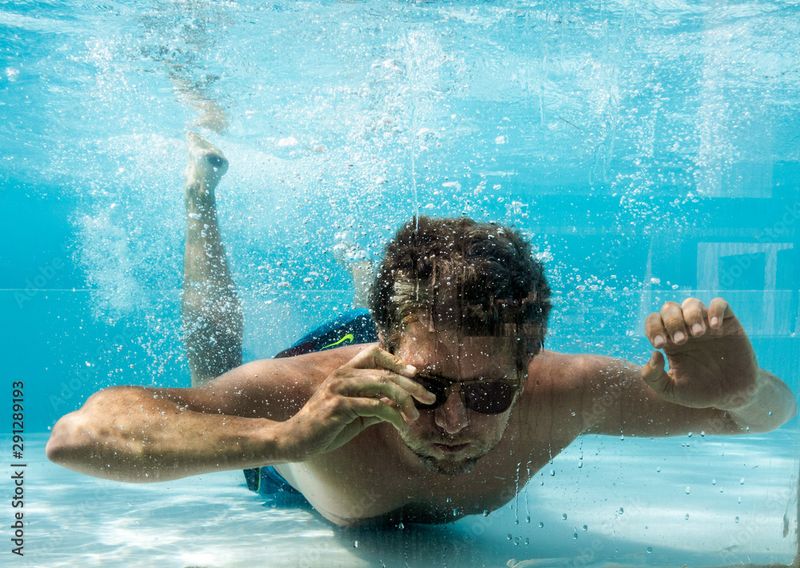
Vermont’s underwater whistling ban makes me chuckle every time I think about it. How exactly did lawmakers envision enforcing this regulation? Were there rampant underwater whistling incidents disrupting Vermont’s peaceful lakes and rivers?
During my family’s vacation to Lake Champlain last summer, I jokingly held my breath and whistled underwater – my teenage daughter rolled her eyes so hard I thought they might get stuck.
Whatever the reason, Vermont joined several states with seemingly unenforceable aquatic regulations. I’ve always wondered if anyone has ever actually been cited for this offense – imagine that court case! “Your Honor, the defendant was clearly producing melodic sounds while fully submerged…”
4. Ice Cream Cones Banned From Back Pockets

Horse thieves in Alabama got creative with dairy-based distractions! The state actually outlawed carrying ice cream cones in back pockets because sly criminals would use this sweet treat to lure away horses without technically stealing them.
When the horse followed the tempting scent into another county, the thief could claim innocence – after all, the animal followed voluntarily! I tried explaining this to my nephew during our family reunion in Birmingham last summer, and he was convinced I was making it up.
The law remains technically in effect today, though I doubt many modern horse thieves are employing the ice cream method. Still, next time you’re enjoying a cone in Alabama, best keep it in your hand – your fashion choices could accidentally make you a lawbreaker!
5. The Official Bouncing Pickle Test

Connecticut’s pickle legitimacy law might be my absolute favorite legal oddity. According to state regulations established in 1948, a pickle cannot legally be sold unless it bounces when dropped from one foot high!
This peculiar quality control measure came about after two mischievous pickle packers were caught selling disgracefully inedible specimens. Food inspectors needed a quick way to identify properly brined pickles, and the bounce test was born.
I’ve tried the bounce test with store-bought pickles in my kitchen – results vary wildly depending on the brand and brine time. Next time you’re shopping for pickles in Connecticut, remember: the higher the bounce, the better the pickle! Just don’t attempt this verification method in the grocery store, or you might face some very confused staff.
6. The Moose Riding Ban

Alaska once found it necessary to explicitly prohibit pushing a moose from an aircraft! This head-scratching regulation stems from the state’s unusual hunting restrictions, designed to prevent hunters from unfairly manipulating wildlife from planes – a practice apparently common enough to require specific legislation.
While hiking near Anchorage last year, our guide shared this gem, adding that it’s also illegal to view moose from aircraft with intent to hunt. I couldn’t help but picture some wilderness villain twirling his mustache while shoving innocent moose from bush planes.
The law extends beyond just moose-shoving to include a comprehensive set of aerial hunting restrictions. What makes this regulation particularly amusing is its specificity – lawmakers felt the need to spell out exactly what constitutes unfair moose treatment rather than relying on broader animal protection statutes.
7. The Great Fortune-Telling Crackdown
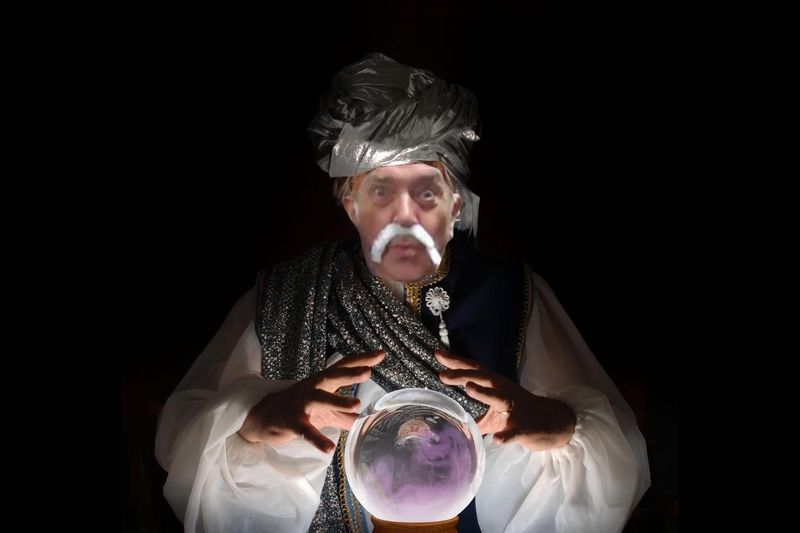
Fortune-tellers in Maryland once risked a $100 fine and up to a year in jail just for practicing their craft! The state maintained some of America’s strictest laws against divination, fortune-telling, and other mystic arts until surprisingly recently.
My aunt Sylvia, a self-proclaimed psychic, refused to visit me in Baltimore because of these regulations. She dramatically claimed she could “feel the oppressive energy” through the phone when I called to invite her.
What’s fascinating is how many municipalities still restrict fortune-telling businesses today. Several Maryland counties maintained these prohibitions until the 2000s, when courts finally struck them down as unconstitutional restrictions on free speech.
8. Flirting Fine For Men Only
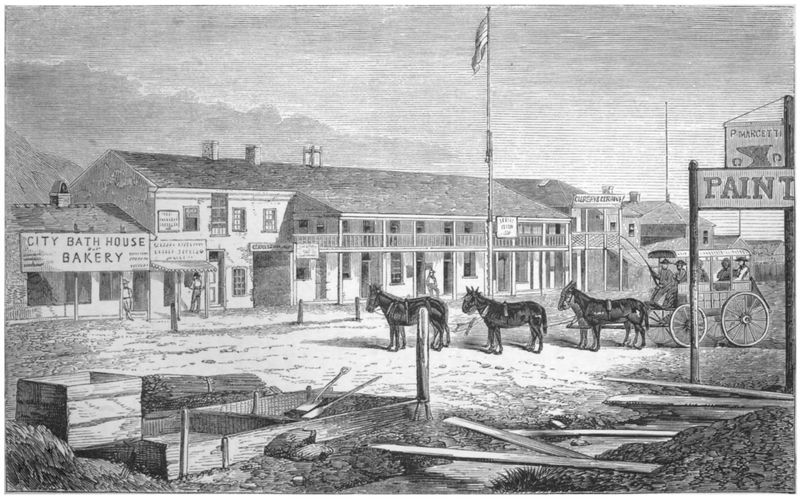
Men in Dodge City, Kansas once faced a $5 fine (about $150 today) for flirting with ladies! This gendered regulation from the late 1800s specifically targeted “reckless eyebrow raising” and “unseemly winking” directed at women passing by on the streets.
During my road trip through Kansas last spring, I stopped at a historical museum where the docent shared this gem. Apparently, the law was enacted to maintain public order in a rowdy frontier town notorious for its saloons and cowboys.
I tried demonstrating “reckless eyebrow raising” to my wife on our drive home, which earned me an eye roll that would have been perfectly legal in old Dodge City. These social etiquette laws reveal so much about changing standards of public behavior – what once warranted legal intervention would barely raise an eyebrow today.
9. The Mandatory Bathing Law
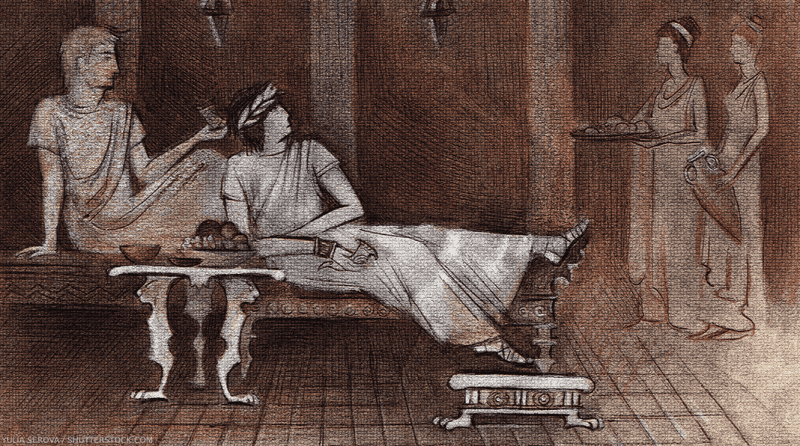
Boston once mandated by law that citizens could not bathe without a doctor’s prescription! This clean-phobic regulation, enacted in 1845, prohibited bathing in winter months unless medically necessary, reflecting outdated health theories that excessive bathing removed protective oils and increased susceptibility to illness.
My history professor loved sharing this anecdote during our American social history class. He’d dramatically sniff the air after mentioning it, making us all laugh. The law made more sense when considering that many early Americans believed regular immersion in water could cause respiratory infections and other ailments.
While researching my family genealogy, I discovered my Boston ancestors likely lived under this peculiar restriction. It certainly explains why perfume was so popular during that era – covering up what regular bathing wasn’t allowed to address.
10. The Anti-Ugly Law

Certain American cities once had “Ugly Laws” that actually banned people with visible deformities or disabilities from appearing in public! Chicago’s 1881 ordinance prohibited anyone who was “diseased, maimed, mutilated, or in any way deformed, so as to be an unsightly or disgusting object” from being seen on city streets.
My grandmother’s nursing textbook from the 1940s still referenced these laws, which shocked me when I found it in her attic. These cruel regulations weren’t just about aesthetics – they were designed to keep disabled people institutionalized and out of sight, often targeting those who relied on begging for survival.
San Francisco, New Orleans, and several other major cities enforced similar statutes well into the 20th century. The last known enforcement occurred in 1974 in Omaha, Nebraska – shockingly recent!
11. No Elephants On The Beach
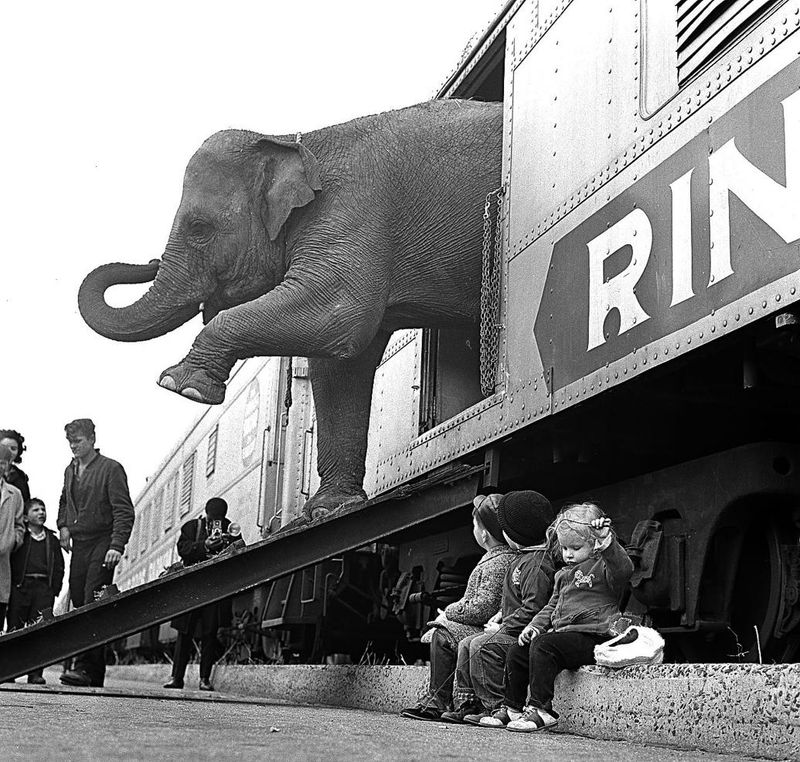
Seaside, Florida’s municipal code explicitly prohibits bringing elephants onto public beaches! This oddly specific regulation makes me wonder – was there a rogue elephant incident that prompted this legal response? Did someone’s exotic pet cause a sandy stampede?
Apparently, it dates back to the early days of traveling circuses, when show promoters would parade their elephants along beachfronts as free advertising. The massive animals would leave considerable damage (and deposits) in their wake, prompting town officials to ban the practice.
I’ve joked with my kids that our beach trips would be so much more exciting with an elephant companion. They’ve pointed out that finding elephant-sized sunscreen alone would break our vacation budget. The law remains in effect today, joining other unusual Florida animal regulations that make perfect sense only in context.
12. The Great Margarine Color War
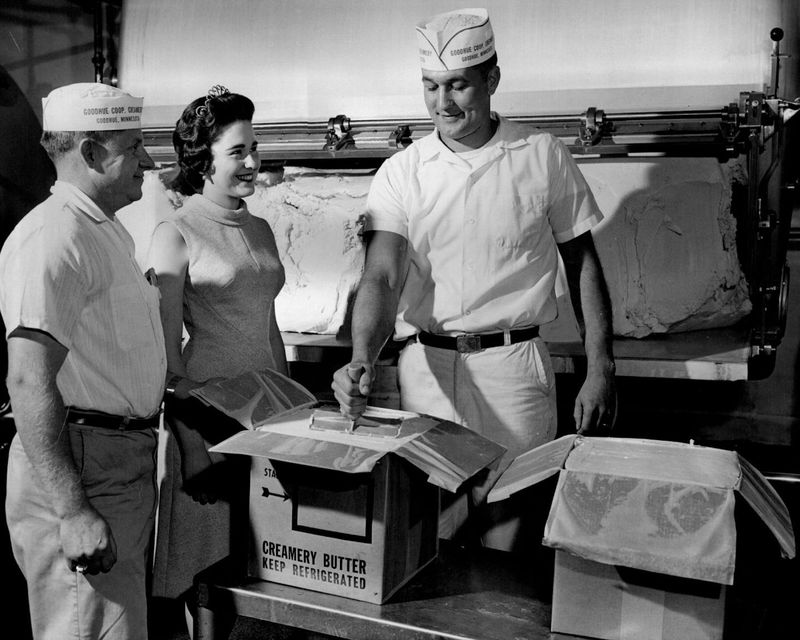
Wisconsin once required margarine to be dyed pink by law! As America’s dairy powerhouse, the state waged a decades-long legal battle against butter’s cheaper competitor, enacting some of the nation’s strictest anti-margarine laws from the 1880s to the 1960s.
My Wisconsin-born grandfather told stories of “margarine smugglers” crossing state lines to bring in contraband yellow margarine. Families would gather around kitchen tables to squeeze yellow dye packets into white margarine, transforming it from its naturally pale state to a more appetizing butter-like color. Wisconsin wasn’t alone – several dairy states banned yellow margarine to prevent “butter fraud.”
The pink dye requirement, though short-lived, was perhaps the most aggressive tactic. Lawmakers figured nobody would want to spread pink margarine on their toast!
13. The Hairbrush Sharing Prohibition
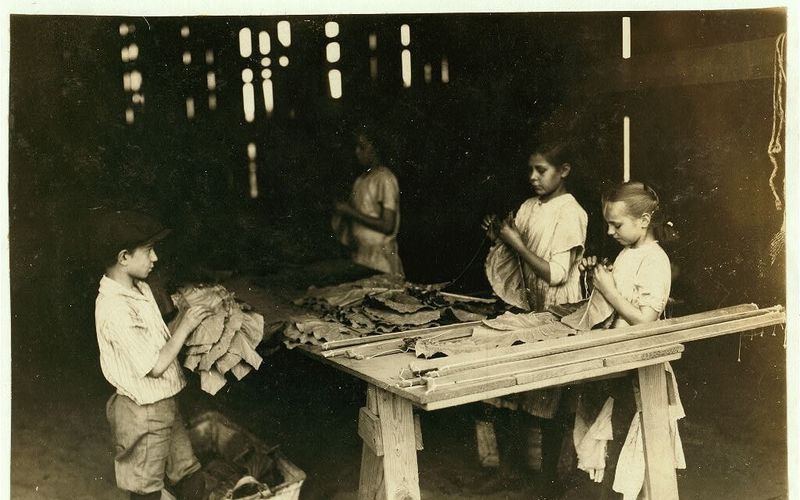
Indiana once made it illegal for everyone in a household to use the same hairbrush! This peculiar hygiene law from the early 1900s was part of a wave of public health regulations aimed at preventing the spread of lice, ringworm, and other contagious conditions.
My great-aunt Mildred, who lived through this era in Indianapolis, kept separate hairbrushes for each family member mounted on labeled hooks – a habit she maintained her entire life. The regulation required boarding houses, hotels, and family homes to provide individual grooming implements for each person, with inspectors occasionally checking for compliance.
What strikes me as particularly interesting is how this law reflected the growing understanding of germ theory and contagion. Prior to this period, families commonly shared personal items without concern.
